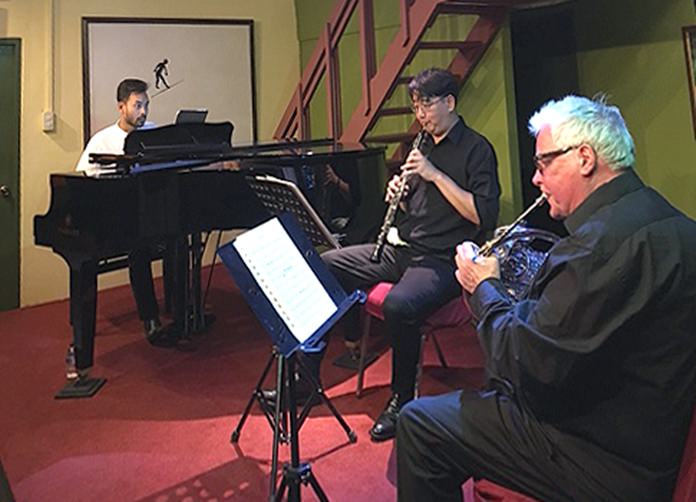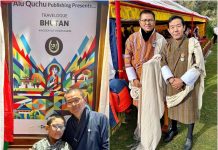
If you glance at a handful of concert programmes or even popular books about music it really does seem that the entire history of music was dominated by a handful of individuals. I refer of course to people such as Bach, Mozart, Beethoven, Brahms, Schubert, Tchaikovsky and their famous contemporaries. These people were indeed giants in the pageant of musical history but it’s easy to forget that during the last four hundred years there have been hundreds of other composers beavering away and producing concertos, operas, symphonies and countless chamber works that are simply not played any more.
Unlike the late eighteenth century when concert-goers demanded to hear the newest and latest music, those of today generally prefer to hear works they already know. Few people want to hear obscure works by long-forgotten composers. Concert promoters are well aware of this and are sometimes reluctant to present works which are not part of the mainstream repertoire.
This is a shame, because the musical byways of history offer just as much enjoyment and fulfillment as the motorway. So it was with particular interest that I attended a recent concert at Ben’s Theater in Jomtien to hear a programme in which the two main works were by Heinrich von Herzogenberg and Carl Reinecke. They may be unfamiliar today but in their time they were considered important composers and influential musicians.
The concert was given by The Bandung Trio which consists of Cooper Wright (oboe), Bob Stoel (horn) and Hazim Suhadi (piano). They take their name from the Indonesian city of Bandung which is about the same size as Chicago and lies almost ninety miles southeast of Jakarta. In case you’re wondering why they chose the name, both Cooper and Bob have worked as guest musicians with the Bandung Philharmonic Orchestra and Hazim was born there.
The Austrian composer Heinrich Picot de Peccaduc, Freiherr von Herzogenberg, as his imposing name implies was descended from a French aristocratic family. He was a contemporary of Brahms who was ten years older. He was a prolific composer and wrote a vast amount of music including oratorios, orchestral works, two symphonies, chamber music and many songs. The Trio in D for Oboe, Horn and Piano was composed in 1889 and demonstrates the composer’s highly original style. It’s a genial, intimate work cast in four short movements with plenty of musical novelties and surprises.
The Bandung Trio gave a compelling performance with some excellent rhythmic piano playing from Hazim Suhadi. This was especially noticeable in the second movement with its lively “hunting theme” played on the oboe and horn. There’s a delightful slow movement and the Finale contained some surprisingly chromatic effects contrasted with beautifully played lyrical moments.
Carl Reinecke excelled in virtually every musical field in which he was involved. In his earlier days, he was considered one of the best concert pianists anywhere. As a conductor, he turned the Leipzig Gewandhaus Orchestra into one of the finest orchestras in the world. He was a renowned composer and teacher of composition whose students included Grieg, Bruch, Janacek, Albeniz and Delius. His Trio in A minor for Oboe, Horn and Piano dates from 1887 and is considered one of the finest works of its type. For me, it was the highlight of the concert.
The Bandung Trio seemed at their best in this fascinating work. The lyrical opening theme was superbly played by Cooper who always has a rich, clear tone and an excellent sense of phrasing. The sprightly and delicate second movement showed the trio in excellent form. Some beautifully wistful piano playing from Hazim opened the slow movement followed by a fine horn solo from Bob, a lovely melancholy tune which had a fin de siècle feeling about it. The bustling Finale must have sounded quite modern to listeners in the 1880s. At one point, there’s even a surprising hint of Poulenc. It brought the work to a resounding climax, much to the delight of the audience which responded enthusiastically.
The concert closed with a most appropriate piece of music: a folksong from Indonesia. Perhaps it came from Bandung.
 |
 |





